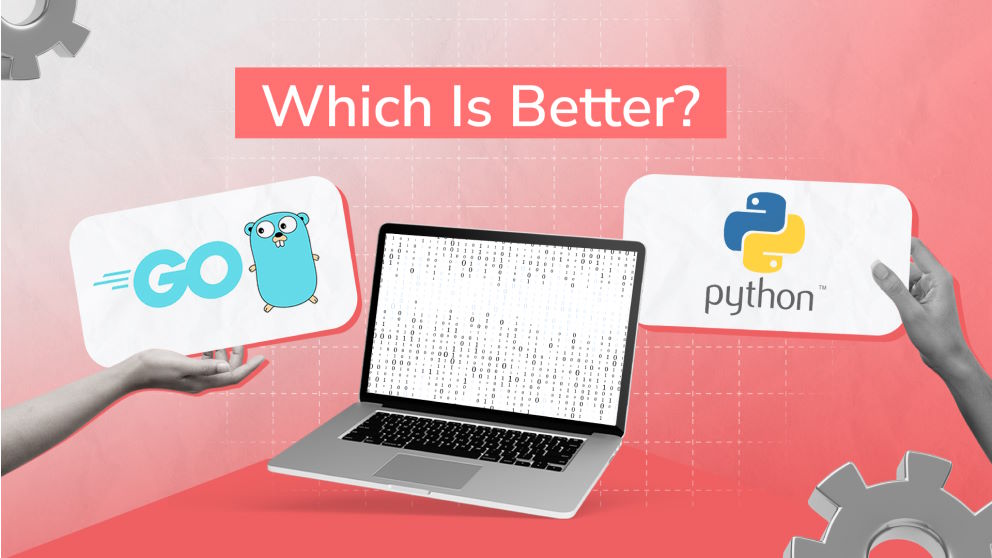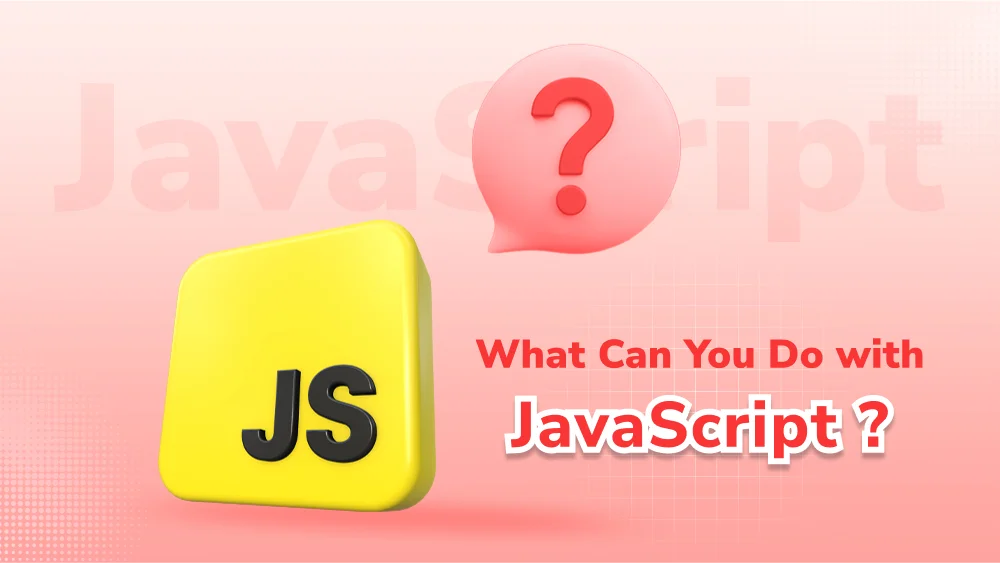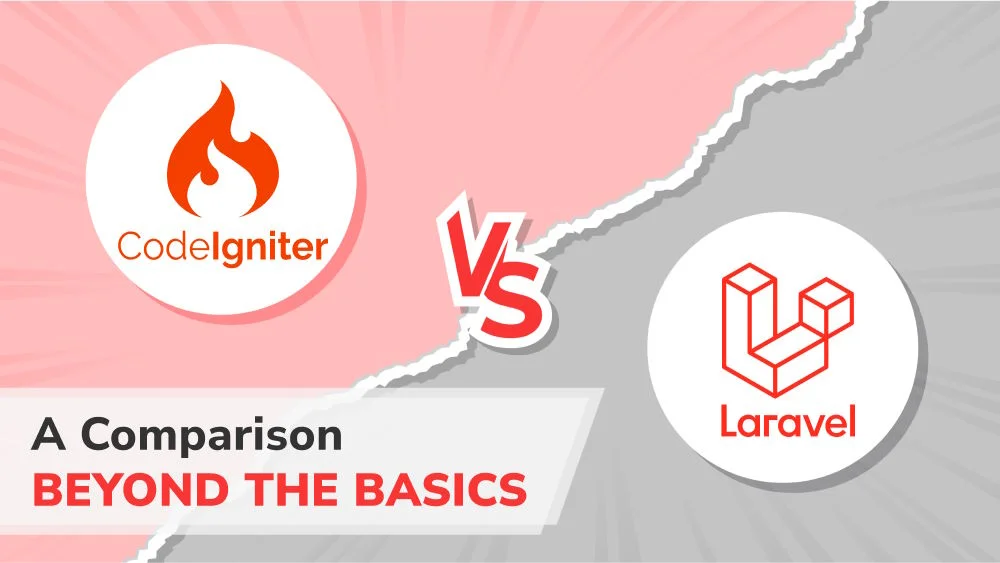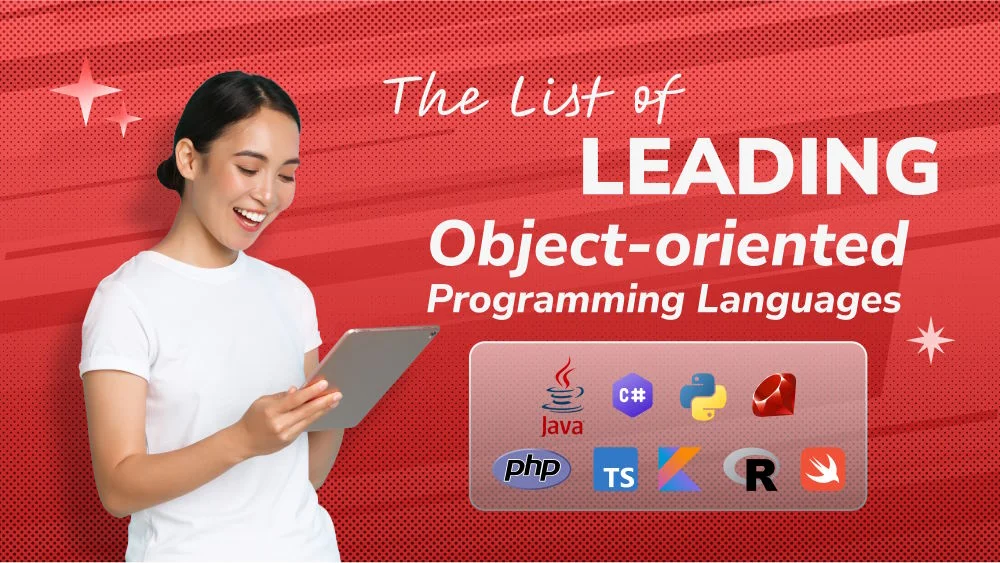
Finding the Best .NET Alternatives for Your Project
Find out the strongest .NET alternatives to meet your and your team’s diverse software development needs.

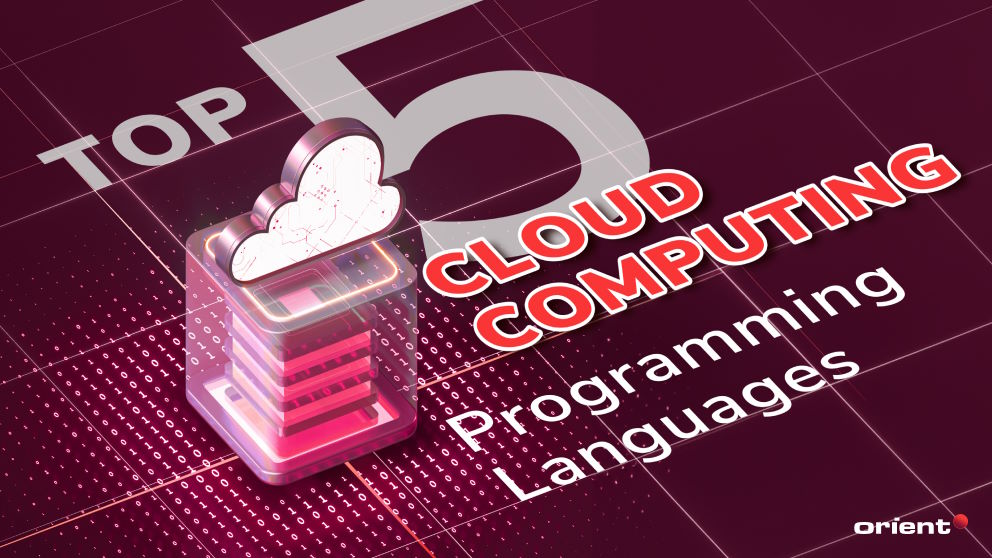
Not only individuals or small businesses but also large-scale companies using cloud-based services are increasing in number. Evidently, 68% of enterprise-level organizations are using some form of managed cloud services.
With the growing need for flexible resources, new platforms, and as-a-services offerings, cloud computing is on fire for expeditious adoption and expansion opportunities, with a forecast of $1 trillion of spending on cloud infrastructure and services by 2024. Thus, the market for cloud developers, technologies, and programming languages is promised to be vibrant. While on the subject, let’s discuss the best cloud computing programming languages among an “ocean” of options available out there.

Let’s bring back the memory. Shortly, cloud computing is defined as the on-demand delivery of computing services, encompassing data storage, databases, analytics, networks, servers, machine learning, web applications, IT support, etc., hosted over the Internet on a pay-per-use basis based on user needs and managed by a service provider.
The cloud services are implemented and supplied to users in three main models: IaaS, PaaS, and SaaS. Similarly, cloud-based resources are also classified into three categories: Public and private clouds, and something in between called a hybrid cloud.
In the current technology-driven world, major cloud platforms you might have heard of are Amazon Web Services (AWS Cloud), Microsoft Azure, Google Cloud Platform (GCP), IBM Cloud, Alibaba Cloud, Oracle Cloud, and VMware, among others.
What are cloud programming languages anyway? Could it be a language used optimally for cloud development? Bingo! This is the definition of a set of coding and scripting languages that are specifically designed with features and capabilities suitable for developing cloud-based applications.
Such languages create conditions for cloud engineers to build, run, and maintain applications across different operating systems or mobile devices in a distributed computing environment with relative ease.
There are definitely a few or several dynamic elements about these languages that make them the best among the rest. A cloud engineer can base their selection of a cloud programming language on the following attributes:
Some are more flexible than other programming languages for automatic or explicit scaling to handle increasing workloads at any given time or expand access to available resources. Cloud computing professionals can resize and reallocate resources on the cloud according to their needs. This enhances efficiency, productivity, and cost-effectiveness and allows organizations to handle traffic spikes effortlessly.
The ability to execute multiple programming tasks and processes simultaneously is a key feature of cloud computing. Languages are designed with built-in support for concurrent programming is preferred.
Certain programming languages are quicker and more efficient than others due to their specific features. Such cloud programming languages enable faster data processing, real-time analytics, and complex computations that require high computing power in support of machine learning algorithms and low latency performance.
Cloud applications are tasked to run on any device regardless of the various operating systems. A language that supports portability in terms of compatibility with different platforms provides developers with more flexibility and helps avoid cloud vendor lock-in.
Cloud-based applications often involve interconnecting different modules or components within the network. Database management systems, middleware, and web servers are some examples of such components. So, the language with efficient integration capabilities enables seamless communication between these elements, resulting in better performance and reduced latency.
Security is a top priority when it comes to cloud computing, and an ideal programming language that provides enhanced security features or integrates well with existing security measures is essential. This ensures data protection and prevents cyber threats on the cloud.
A strong user community and the availability of extensive support libraries and frameworks can help speed up the software development process and resolve problems more efficiently. For cloud languages, more community-driven support and available resources for documentation, example codes, tutorials, etc., which is essential for not only cloud development but also its maintenance.
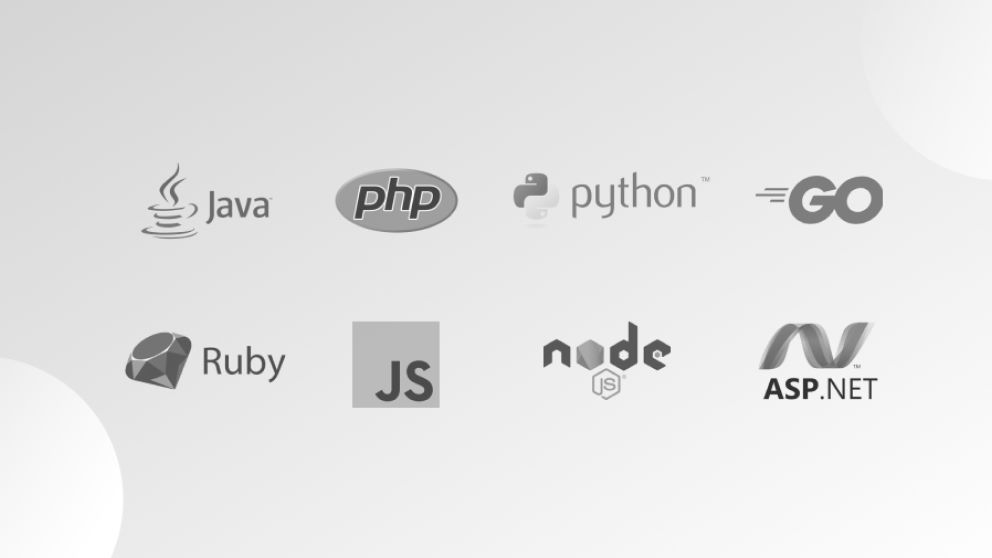
As promised, now is the time to drop on the list of top cloud computing programming languages in any software development kit:
Guido van Rossum’s general-purpose programming language has always been the first pick of a developer for a few years now, ever since its release in 1991. Python is a high-level language built with simple syntax and easy-to-read code, which makes it an excellent choice for beginners or non-programmers. The coding language is versatile and can be trusted in various domains like building dynamic web pages, APIs, data analysis, artificial intelligence (AI), and machine learning (ML) algorithms.
Python is deemed as a modern and robust language for cloud application development due to its simplicity, code readability, and high scalability for data science. Also, it is an untyped language that is interpreted at runtime to enable rapid prototyping and a shorter development lifecycle.
Moreover, Python is often referred to as the “Swiss army knife” of languages as it is supported by a rich ecosystem of open-sourced libraries and frameworks like Django, Flask, and Pyramid. Some available tools and solutions are specifically designed for cloud computing, further enhancing Python’s suitability for this domain. Last but not least, its popularity facilitates the easy sharing of extensive knowledge and experience among developers within the community.

Brought into existence by Sun Microsystems, Java is known for WORA (write once, run anywhere) capabilities. In time, Java has become one of the most popular languages trusted by developers for different types of software development, including cloud-based applications.
Java’s object-oriented programming (OOP) approach is aimed at building complex and large-scale applications with well-structured, modular code that is more maintainable in the long run. Its popular frameworks, like Spring Boot and Hibernate, support enterprise-level development for data-driven web services and microservices architectures. With Java Virtual Machine (JVM), programs are independent of the underlying OS, making Java highly portable for cloud deployment.
In regard to a scalable cloud programming language, Go or Golang is a modern option that has gained traction in a few years now. Developed by Google, Go is an open-source language suitable for building distributed and concurrent software systems.
Golang’s static typing system minimizes runtime errors, so it is more secure and reliable for cloud development. It features built-in support for concurrency, aiding developers in designing multi-threaded applications that make the most of multi-core CPUs and take advantage of cloud resources.
Golang also provides a robust standard library with useful packages for cloud programming, such as networking, encryption, and web servers. With its efficient memory management and other performance optimizations, Golang is capable of delivering high-speed performance for cloud infrastructures.
Widely known for its elegance and readability, Ruby is often used for web development and is highly recommended for developing cloud applications as well. The language owns a clean syntax - which allows developers to write concise and readable code - and offers an object-oriented programming paradigm. Moreover, Ruby is highly flexible and takes advantage of the dynamic nature of its code to provide a high level of productivity in developing cloud-based applications. It also has built-in support for databases, so it is easier for developers to store and retrieve data from a variety of sources.
Ruby on Rails (RoR) is an open-source web app framework based on the Ruby programming language. With RoR, developers can build feature-rich and high-performance cloud applications with minimal effort. Ruby on Rails is known for reducing the amount of coding required to develop a new application due to its “convention over configuration” principle. The framework includes many ready-made third-party modules and makes testing and debugging easy, all while supporting agile development practices.
ASP.NET is a Microsoft framework that provides an extensive suite of tools and technology resources for developing dynamic and powerful cloud-based applications and web pages.
With ASP.NET, developers can take advantage of various high-tech features like code-behind pages, server controls, caching support, rich user interface, and more. It is a modern web development framework with features like model-view-controller (MVC), entity framework, and dynamic language support that facilitate rapid application development. The best part about ASP.NET must be that it is language-independent and has managing as well as monitoring functionality, along with being easy to learn.
Moreover, ASP.NET integrates well with Microsoft Azure - the company’s cloud computing platform - to deploy and manage applications in the cloud seamlessly. Last but not least, ASP.NET is also open-sourced, with the code on GitHub available for anyone to customize, review, contribute to, or modify according to their own needs. This also means it is backed by a huge community support, and if you get stuck somewhere, there will be developers around the world to help you out.
For that, ASP.NET is heavily used in the development of business applications and enterprise-level services.
Have you figured out the winning programming language for cloud development of your own? If not or uncertain, you need help, but not from anyone else but a technical expert. Drop us a line for consultancy and support today. Who are we? We are Orient Software – an IT outsourcing powerhouse based in Vietnam – that has helped hundreds of partners to succeed with their software development projects despite sizes, industries, or technologies. Check out our services to find the proper solutions for you and talk to our experts.
Find out the strongest .NET alternatives to meet your and your team’s diverse software development needs.
When it comes to Golang vs. Python Performance, choosing the suitable programming language is a key first step toward a successful project.
JavaScript is a programming language that you can use to build websites, create online games, and much more. Learn what you can do with JavaScript here.
CodeIgniter and Laravel are similar yet very different PHP frameworks. Here are the differences between CodeIgniter vs. Laravel that you need to know.
Have you ever wondered what object-oriented programming languages are popular in use today? Check out this list to find out.
